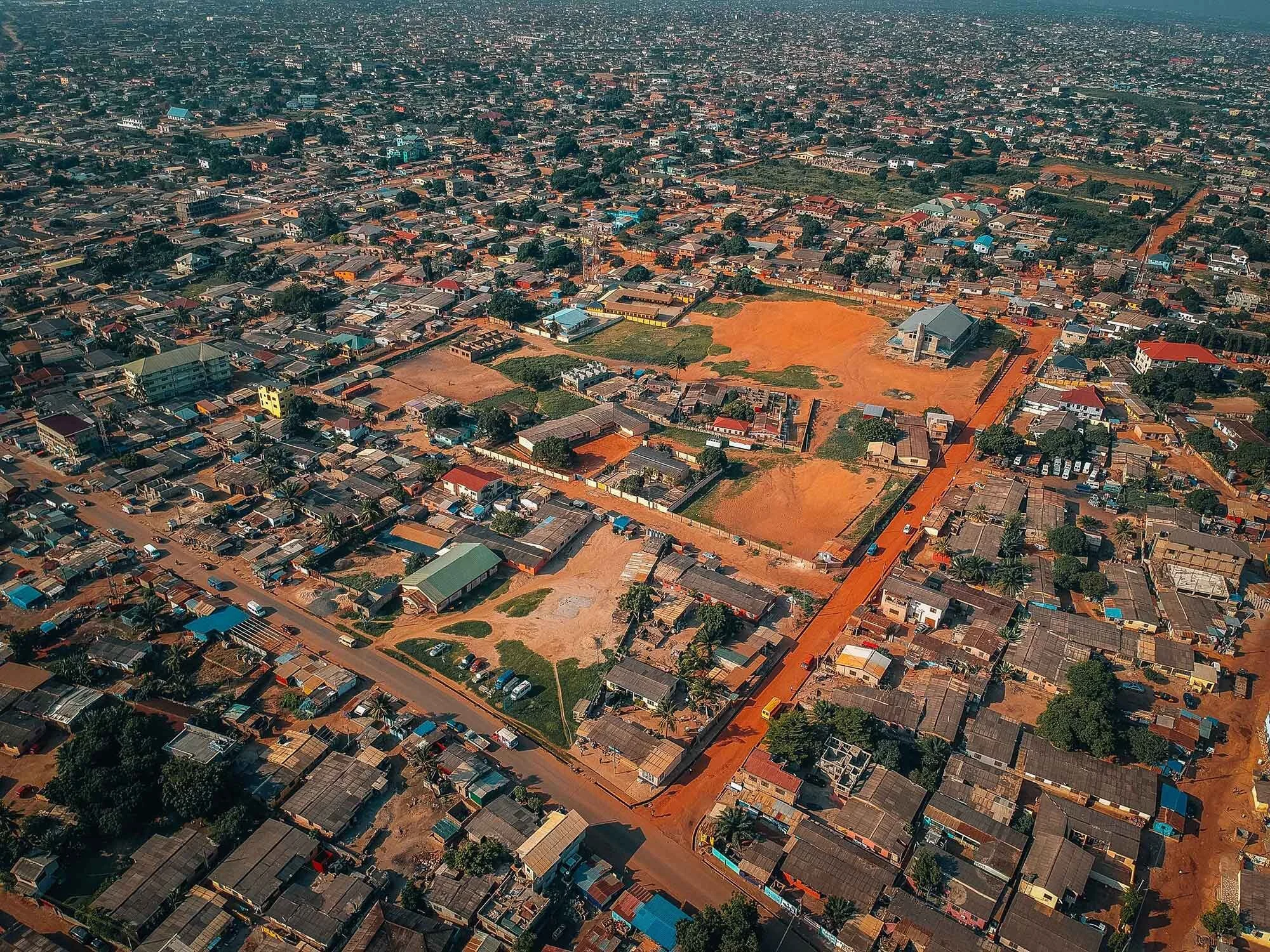LenddoEFL is partnering with iDE Ghana to deliver a mobile-based credit risk model for assessing loan worthiness. The financial survey employs a psychometrics-based predictive model based on research that has shown it is possible to assess credit-worthiness based on a series of questions.
The results of the survey are used by iDE’s Sama Sama Social Enterprise to approve applicants for a line of credit which allows them to purchase a new personal toilet for their household.
iDE is a global NGO with a mission to create income and livelihood opportunities for poor rural households. They have been working in Ghana since 2010. Sanitation is an ongoing challenge in Ghana. According to Unicef, “As at 2015, only one rural household out of ten were using improved household toilets”
Before partnering with Lenddo EFL, iDE Ghana was using a paper application, which was time-consuming and costly for both the application and processing. By using LenddoEFL’s score instead, iDE reduced it’s turnaround time from 2 weeks to 2 days. This enabled iDE to process more customers and reduce its cost of acquisition and increased it’s loan portfolio significantly as a result - All this while keeping the NPL% at the same level.
The psychometric testing has been created to meet Ghana-specific market needs. It takes around 30 mins to complete on an Android device. Applicants work their way through a series of questions which assess their credit-worthiness based on factors such as fiscal responsibility, understanding the time value of money, and their internalized norms.
By helping iDE Sama Sama to reduce the acquisition cost and grow their loan portfolio, our partnership has helped to make more affordable toilets available to Ghanians who need them.
In the words of Sama Sama,
Photo by Virgyl Sowah on Unsplash

